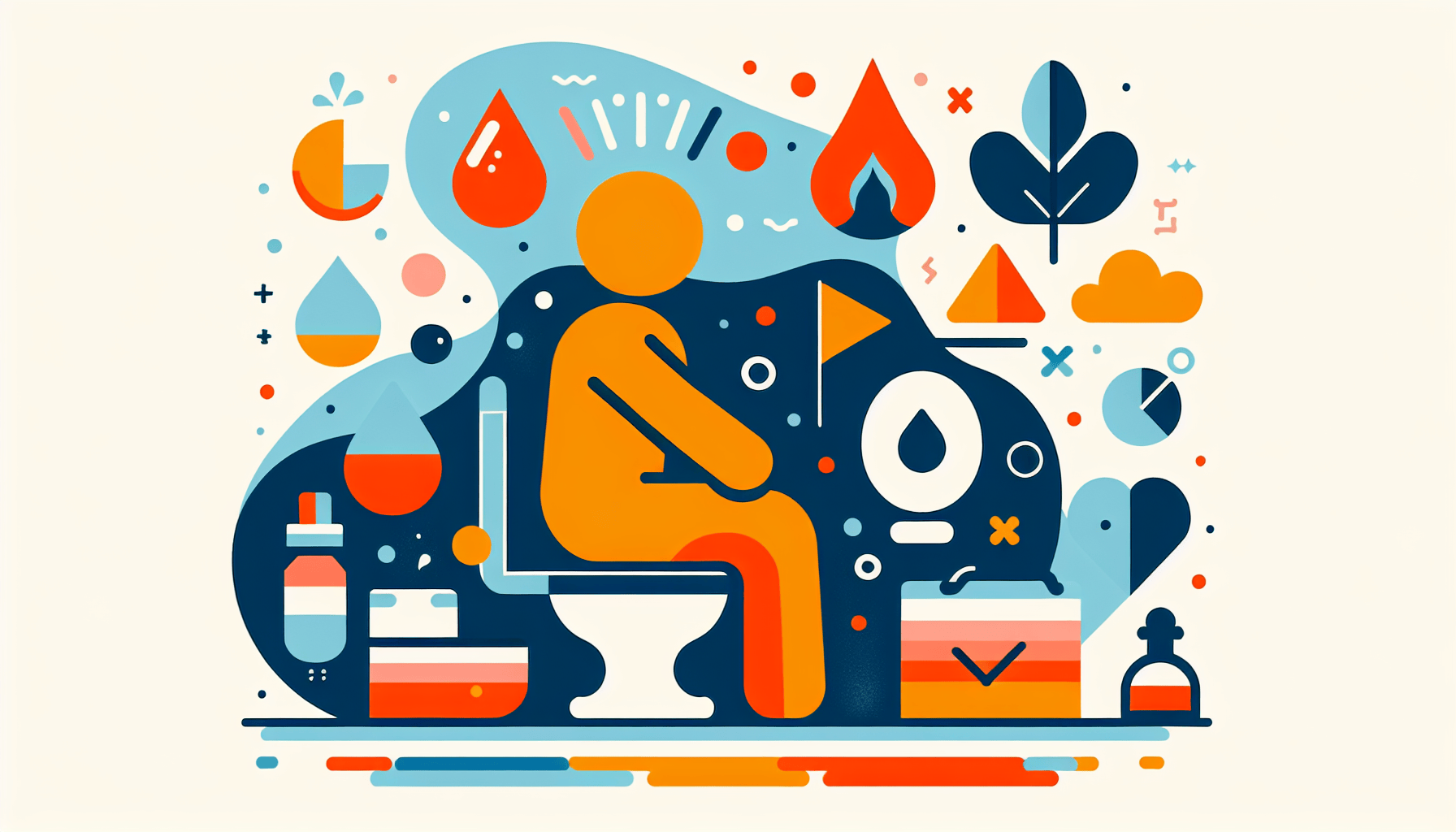Menopause Mood Swings
Menopause brings profound hormonal shifts extending far beyond hot flashes and irregular periods. As estrogen and progesterone levels decline, many women experience [...]
Read More
Medically reviewed by Oghenefejiro Okifo | MD, Harvard Medical School | Henry Ford Hospital - Detroit, MI on October 13th, 2023.
Most children aren't developmentally ready for potty training until 18-24 months at earliest; signs of readiness include staying dry for 2+ hours, showing interest in the toilet, and communicating need to go.
Average age for daytime dryness is 2.5-3 years for girls and 3-3.5 years for boys; nighttime dryness typically follows 6 months to several years later and involves different physiological maturation.
Child-led timing leads to faster success—studies show children trained when showing readiness signs complete training in 3-6 months, versus 12+ months when started based on arbitrary age targets.
Rewards and positive reinforcement accelerate learning; punishment, shame, or showing frustration after accidents significantly delays progress and can create anxiety-based withholding behaviors.
Regression is normal during stress (new sibling, moving, illness); temporary return to diapers without pressure typically resolves within weeks, while power struggles can extend setbacks for months.
Potty training, also known as toilet training, is a major milestone for children and parents. It's the process of teaching your child to use the toilet independently for peeing and pooping. While it may seem daunting, with patience and the right approach, you can help your child successfully transition from diapers to the potty.
There's no perfect age to start potty training. Every child is different and will show readiness at their own pace. Most children show interest in potty training between 18 months and 3 years old. Girls often show interest earlier than boys and may master the skill more quickly.
Look for these signs that your child may be ready to start potty training:
Showing interest in the toilet, potty seat, or underwear
Able to follow simple instructions
Communicating when they need to go
Able to pull down diapers, training pants, or underwear independently
Staying dry for at least 2 hours during the day
Bothered by a dirty diaper

Be a positive role model. When you use the bathroom, talk your child through the process using simple words like "pee," "poop," and "potty."
Make the potty a fun place. Let your child sit on the potty seat with or without a diaper while you read a book or offer a toy.
Watch for cues. Pay attention to your child's behavior when they need to go, such as a red face or grunting sounds.
Establish a routine. Have your child sit on the potty at regular times throughout the day, especially after meals or drinking lots of fluids.
Dress for success. Choose clothing that your child can easily manage independently, like elastic waistbands and simple snaps or buttons.
Teach proper hygiene. Show your child how to wipe correctly from front to back and to wash their hands after using the potty.
Offer praise and rewards. Use plenty of verbal praise, stickers on a chart, or small toys to motivate and reward your child's potty progress.
Remember, accidents are a normal part of the learning process. Stay patient and positive, even when setbacks occur. Avoid punishment or shaming, as this can lead to stress and anxiety that may delay potty training success.
Staying dry during sleep is a separate skill that may take months or years to master, even after your child is fully potty trained during the day. Continue using diapers or training pants during naps and overnight while your child's body matures. If your child is still wetting at night when they're ready to start school, talk to your pediatrician for guidance.
For more information and support, check out these helpful resources:
Successful potty training requires patience, consistency, and following your child's individual developmental timeline rather than external expectations. If your child is struggling beyond age 4 or showing signs of withholding, Doctronic can help rule out underlying issues and provide guidance.
Menopause brings profound hormonal shifts extending far beyond hot flashes and irregular periods. As estrogen and progesterone levels decline, many women experience [...]
Read MoreLower back pain affects millions of people daily, whether from sitting too long at a desk, lifting heavy objects, or dealing with chronic conditions. While what causes lower [...]
Read MoreThe liver stands as one of your body's most hardworking organs, performing over 500 vital functions from detoxification to protein production. Yet liver disease often [...]
Read More